Foundation for a happy, healthy life
Our early learning centers benefit from qualified early childhood teachers with decades of experience in the field and a strong understanding of and passion for early childhood development. Early learning spaces are completely separate from Boys & Girls Club after school programs, with a few exceptions (such as the use of a gym while the older children are at school).
What should you expect from a quality child care program?
We’re consistently evaluating and improving our programs. Our goals are to protect your child’s health and safety, provide them with opportunities for stimulation and learning, and build relationships — with your child, with you, with extended family and with the community. Our teachers know what’s important when it comes to children’s quality of life, care and education.

Safety First
Background checks, ongoing training, rigorous safety policies & procedure
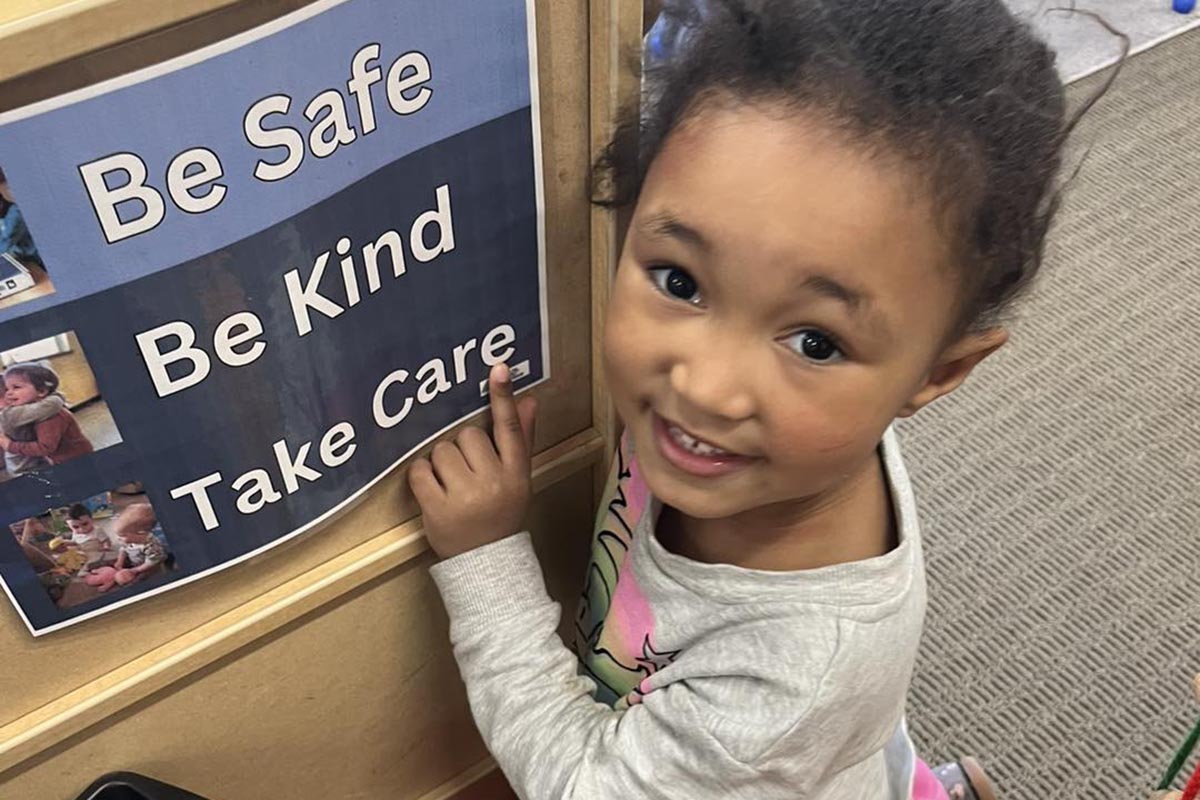
Healthy Practices
Nutritious snacks and meals, inside and outside play, sanitation policies
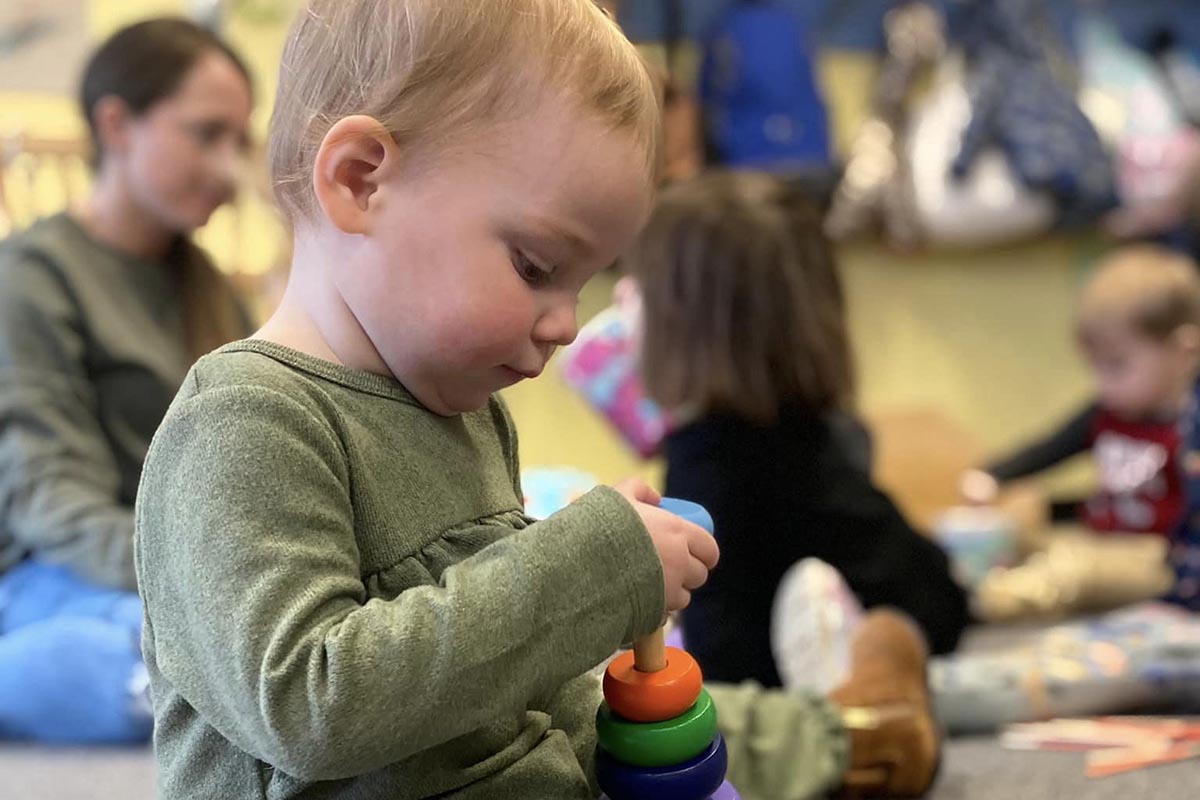
Intentional Classrooms
Age-appropriate materials, thoughtfully arranged spaces, consistent but adaptable schedules
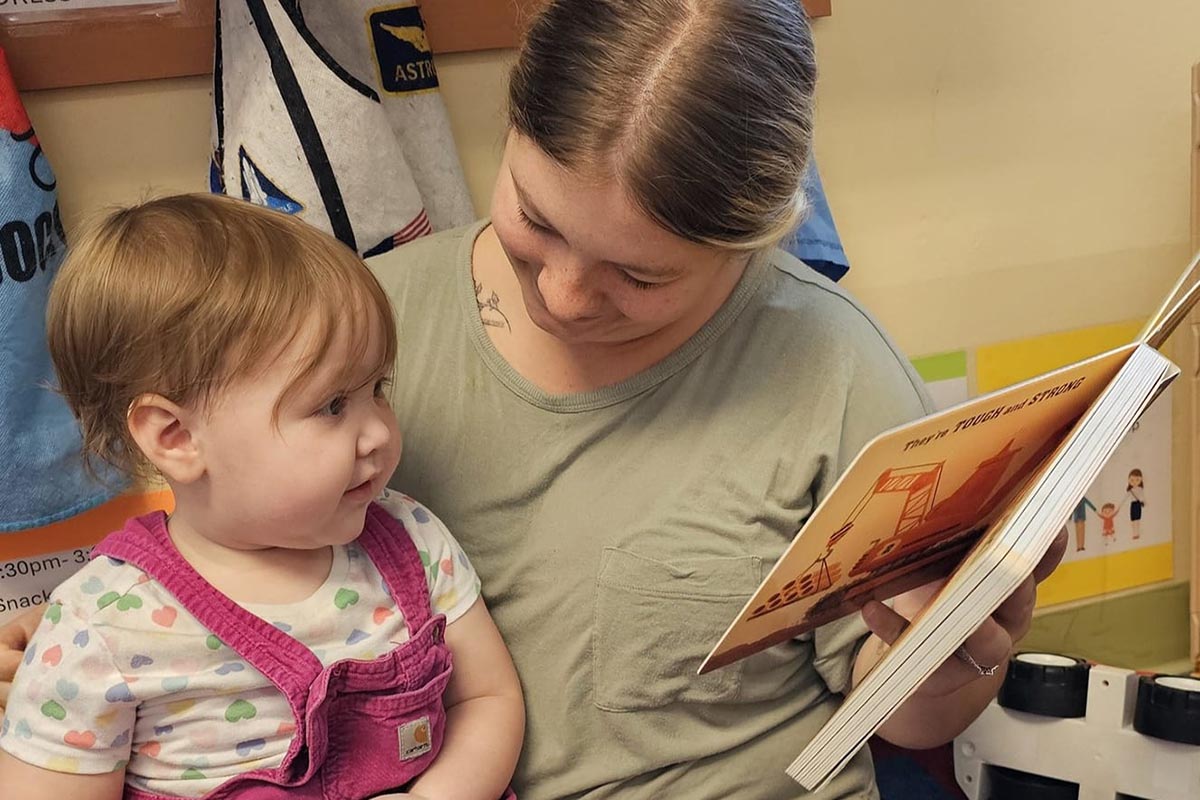
Warm Relationships
Compassionate teachers, positive behavior management, communication, parent support
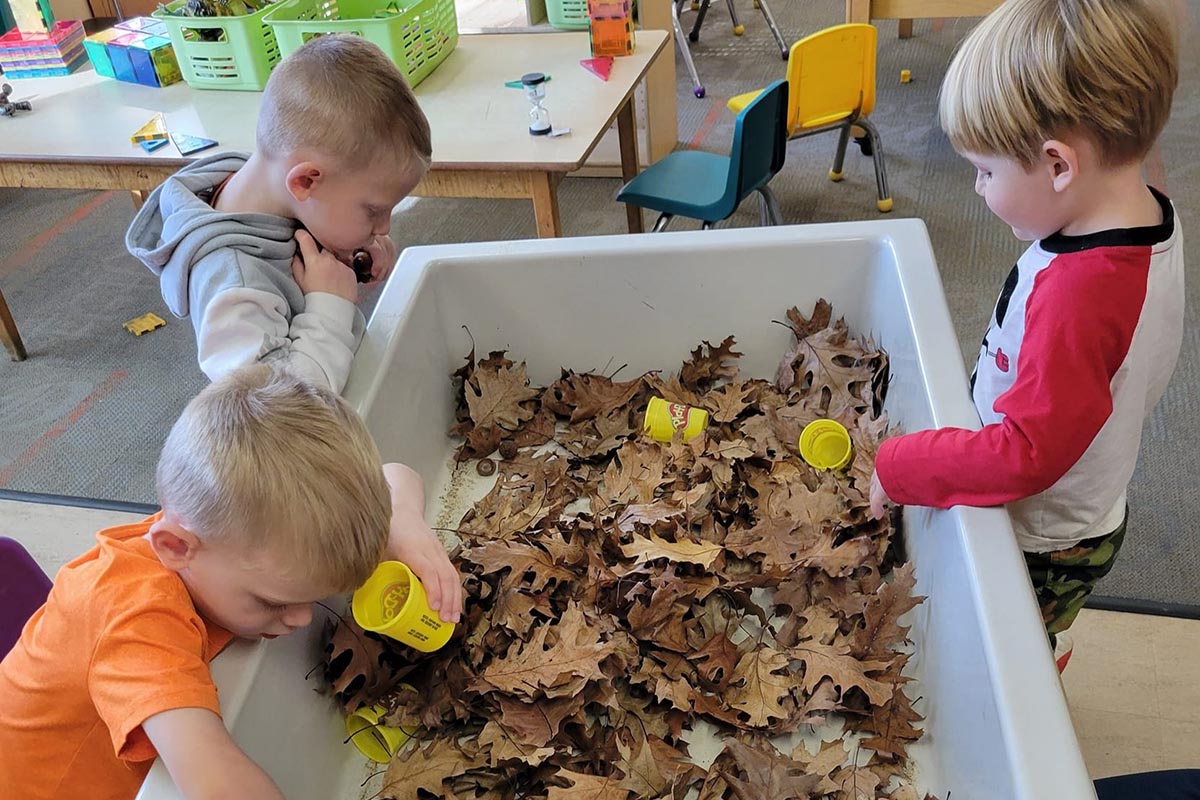
Open-ended Learning
Hands-on activities, emergent curriculum, social-emotional emphasis, play
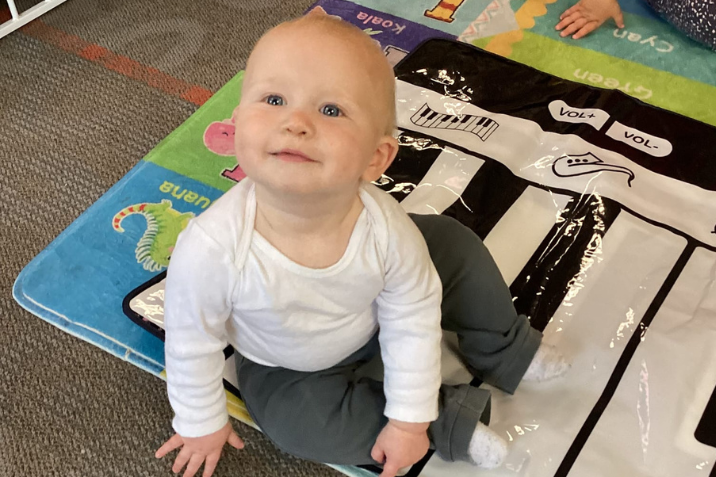
Infants and Toddlers
Visual, auditory, and tactile experiences allow infants to make sense of the world around them. This leads to a child’s ability to complete more complex learning tasks and supports cognitive growth, language development, gross motor skills, social interaction, and problem solving skills. Toddlers learn through play how to understand what a friend is, how to play with friends, and how to express emotions in healthy ways. They learn self-control and self-regulation. Self-esteem, life skills, concentration skills, and social skills are continuing to develop at a rapid rate, and we begin to learn important early cognitive skills, such as colors and shapes.
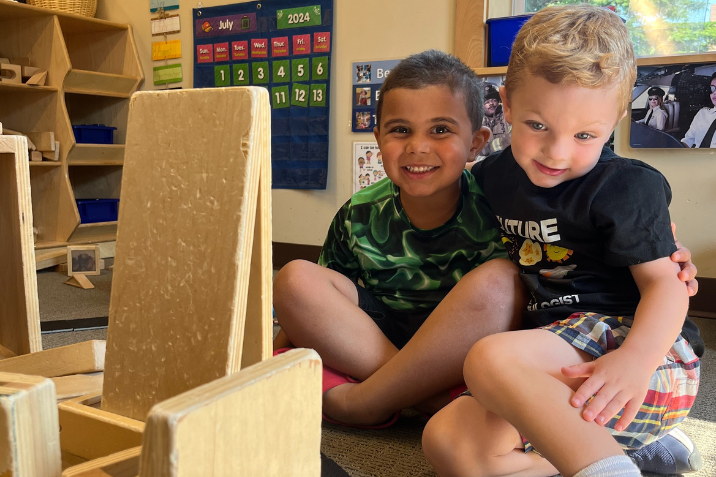
Preschool
Play is crucial for all areas of development at this age. We believe in an interest-driven curriculum, meaning that teachers observe the children’s group and individual interests then change the environment by introducing new materials and scaffold learning accordingly. We continue to help children learn about the social skills needed to make and be a friend. We learn about emotions- how to recognize them, label them, understand and regulate them. We work with families to teach child self-help skills and independence, and what it means to take care of ourselves. We learn cognitive skills involving letters and numbers, phonics, counting and more through a creative, hands on approach.
